Summary
- A Hokage’s role is mostly paperwork, not heroics.
- The job invites assassination attempts, risking a premature death.
- Personal sacrifices like neglecting family hinder a Hokage’s growth and freedom.
In the Naruto series, being Hokage is the pinnacle of ninja achievement, a title steeped in honor and responsibility. Many characters aspire to this role, including Naruto Uzumaki, whose dream to become Hokage is a central theme of the series. But is being Hokage truly as rewarding as it’s made out to be?
When you strip away the grandeur, the position comes with a myriad of downsides, many of which make it a less-than-ideal career goal. Yes, the occasional battles are the high-ends, but when one focuses on what the Hokage mostly does, it becomes clear that it’s more of a desk job than playing hero.
Related
Naruto: How Kishimoto Ruined Naruto’s Hokage Dream, Explained
Naruto’s dream was to become the hokage. This dream was ruined in Boruto.
A Mountain of Paperwork
Literal Brain Rot
The romanticized image of the Hokage as a heroic protector obscures the harsh reality: it’s a desk job. Hokages spend more time buried in paperwork than on the battlefield. Even Naruto, known for his boundless energy, struggles to keep up with the endless administrative tasks (despite using shadow clones to share the burden), often neglecting his family in the process.
This isn’t just tedious, but inefficient. The Hokage is arguably the strongest ninja in the village, yet their power is squandered signing documents instead of defending the village. One can’t help but wonder why there isn’t a better delegation system in place. Even in a prehistoric society this would signify one figure handling all the muscles, and the other becoming the brains. In other words, a separate military and governing structure.
A Prime Target for Assassination
As Hokage, one paints a massive bullseye on their back. Enemies of the village will see them as the ultimate prize, and neutralizing this target is their fastest path to destabilizing the Leaf Village.
History proves this repeatedly:
| Hokage | Name | Cause/Notable Event |
| Third Hokage | Hiruzen Sarutobi | Killed by Orochimaru during an invasion. |
| Fourth Hokage | Minato Namikaze | Sacrificed himself to save the village from the Nine-Tails. |
| Fifth Hokage | Tsunade | Barely survived multiple assassination attempts during her tenure. |
A Hokage-centric career doesn’t just mean risking your life—it virtually guarantees an early grave.
Personal Sacrifices
Neglecting Family and Freedom
The Hokage’s responsibility to the village often comes at the expense of their personal life. Naruto’s relationship with his children, particularly Boruto, suffers immensely due to his inability to spend quality time with them. The very man who once sought recognition and connection ends up isolated from his own family. Beyond family, the Hokage also sacrifices their freedom. Their movements are restricted by their duties, leaving little time for personal growth, training, or even relaxation.
A Hokage is ultimately a vassal, and the person inhabiting the role must act like it, and keep the interests of the village above its own. This often forces Hokages to make not-so-good choices when desperation hits. For example, Naruto had to protect the citizens during Momoshiki’s attack, even though their target was him all along.
Stunted Personal Growth
No Time to Train
Ironically, becoming Hokage can halt a ninja’s development. The job demands time spent managing the village, which leaves little room for honing one’s skills. This is especially tragic for warriors like Naruto, whose potential for further growth is immense but constrained by the obligations of leadership.
Contrast this with characters like Jiraiya, who avoided the Hokage role and continued to grow as a powerful, independent ninja. He lived freely, unburdened by bureaucracy, and arguably contributed more to the world by training the next generation.
A Job for the Old
Not for the Young
Traditionally, the Hokage role was better suited for seasoned ninjas nearing the end of their careers, like Hiruzen. Older leaders could bring decades of experience and were less likely to regret stepping away from active duty. However, that did not happen due to the dire nature of wars in the past. In contrast, younger Hokages like Minato and Naruto are robbed of their prime years, forced into administrative duties when they could be protecting the village more effectively on the frontlines.
Recognition Without Fulfillment
For Naruto, the dream of becoming Hokage was rooted in his desire for acknowledgement and love from the villagers. While he achieved that, the reality fell short of his expectations. Recognition doesn’t equate to happiness or fulfillment, especially when the cost is personal sacrifice and overwhelming responsibility. While it could be argued that the need for a Hokage is a must for the Hidden Leaf Village, it’s still an extremely merciless role. The actions have consequences, huge ones concerning the future of the village, not just the Hokage, and for most, such a burden can be suffocating.
Plus, while in Naruto, the stakes have always been high, the same cannot be said in Boruto, where a peaceful period can get people to question the need for a Hokage. For Masashi Kishimoto, the only prevention is the constant introduction of stronger enemies, otherwise, a peaceful world does not necessitate anyone becoming a Hokage.

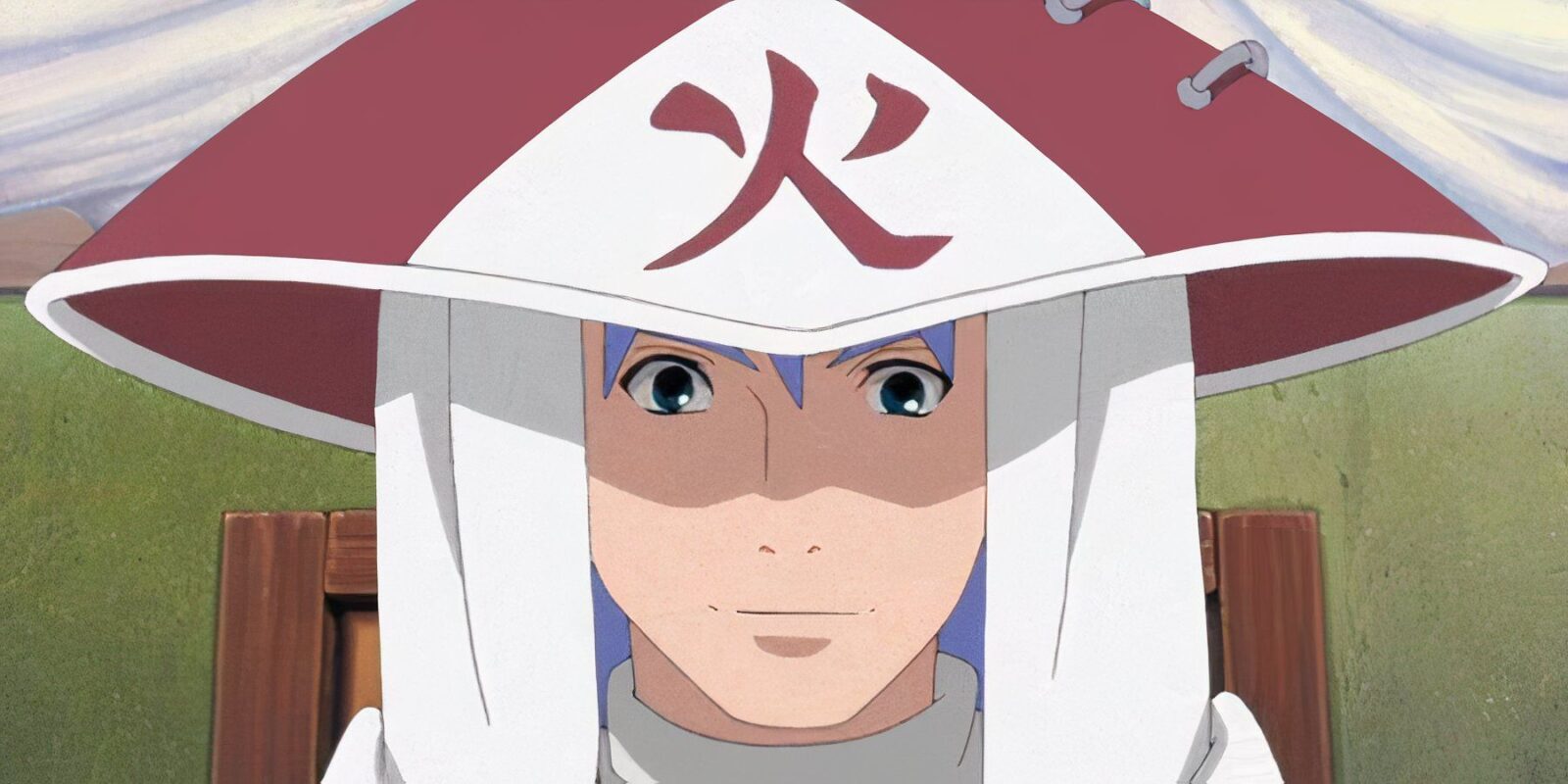

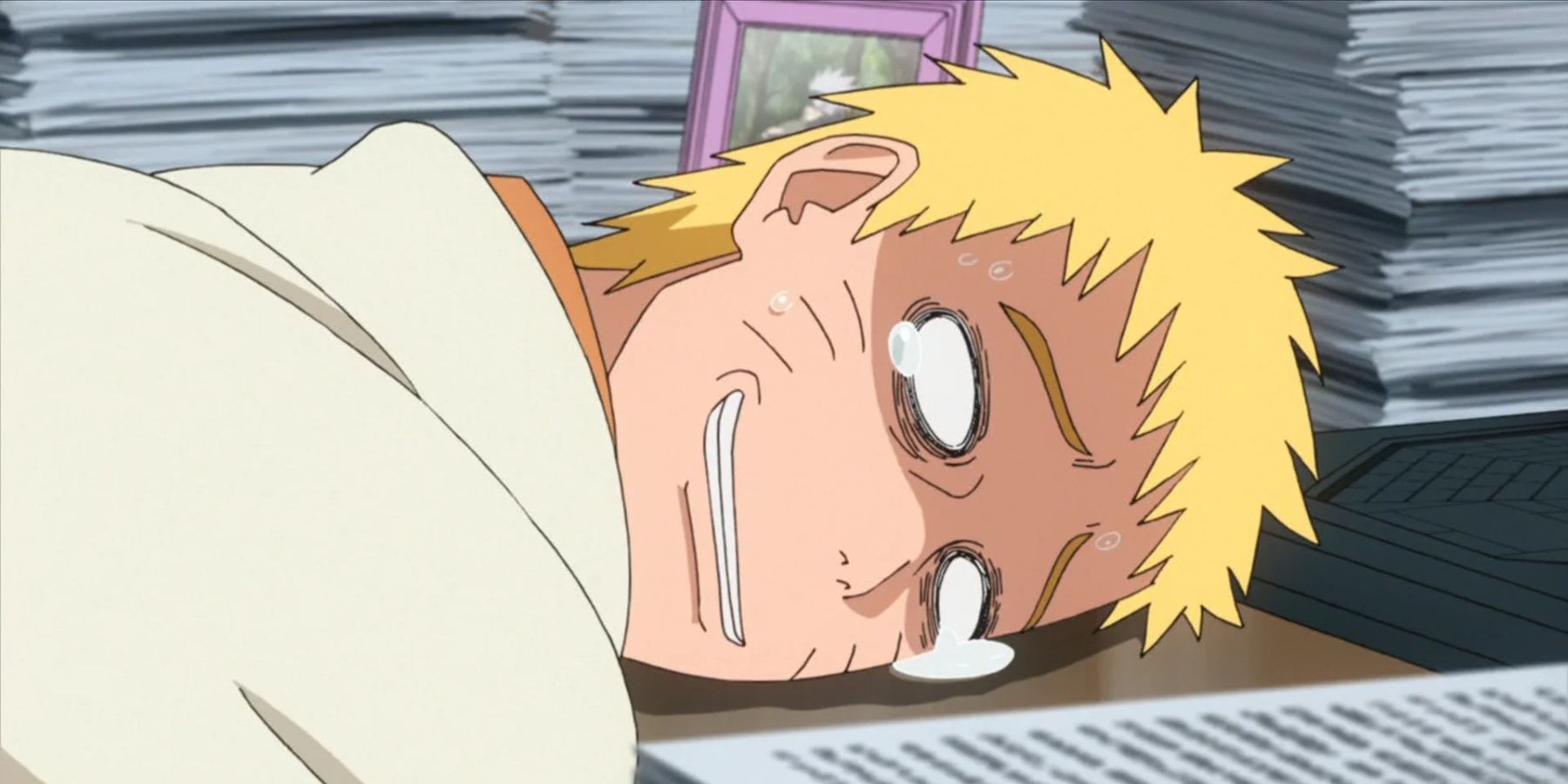

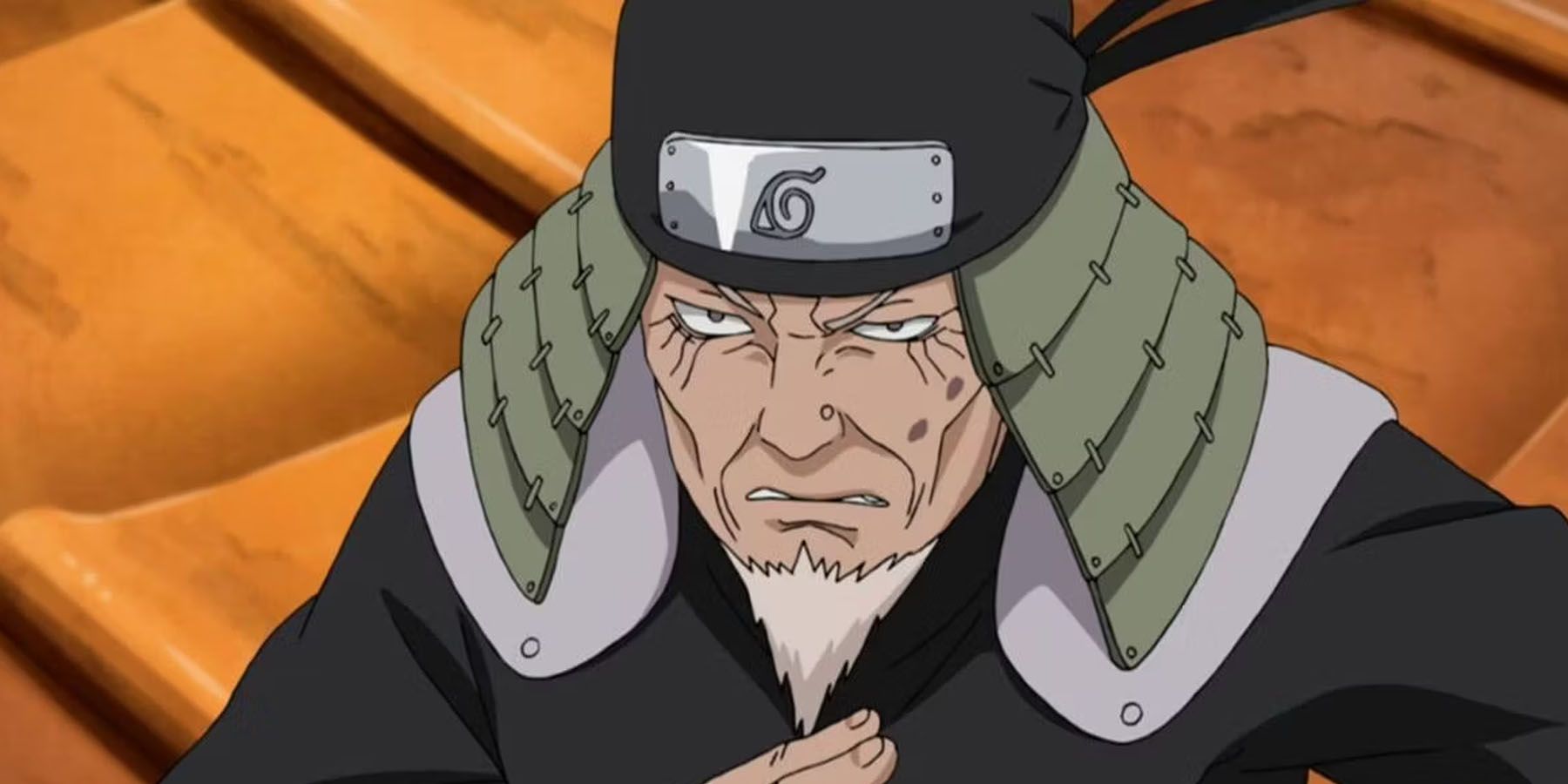
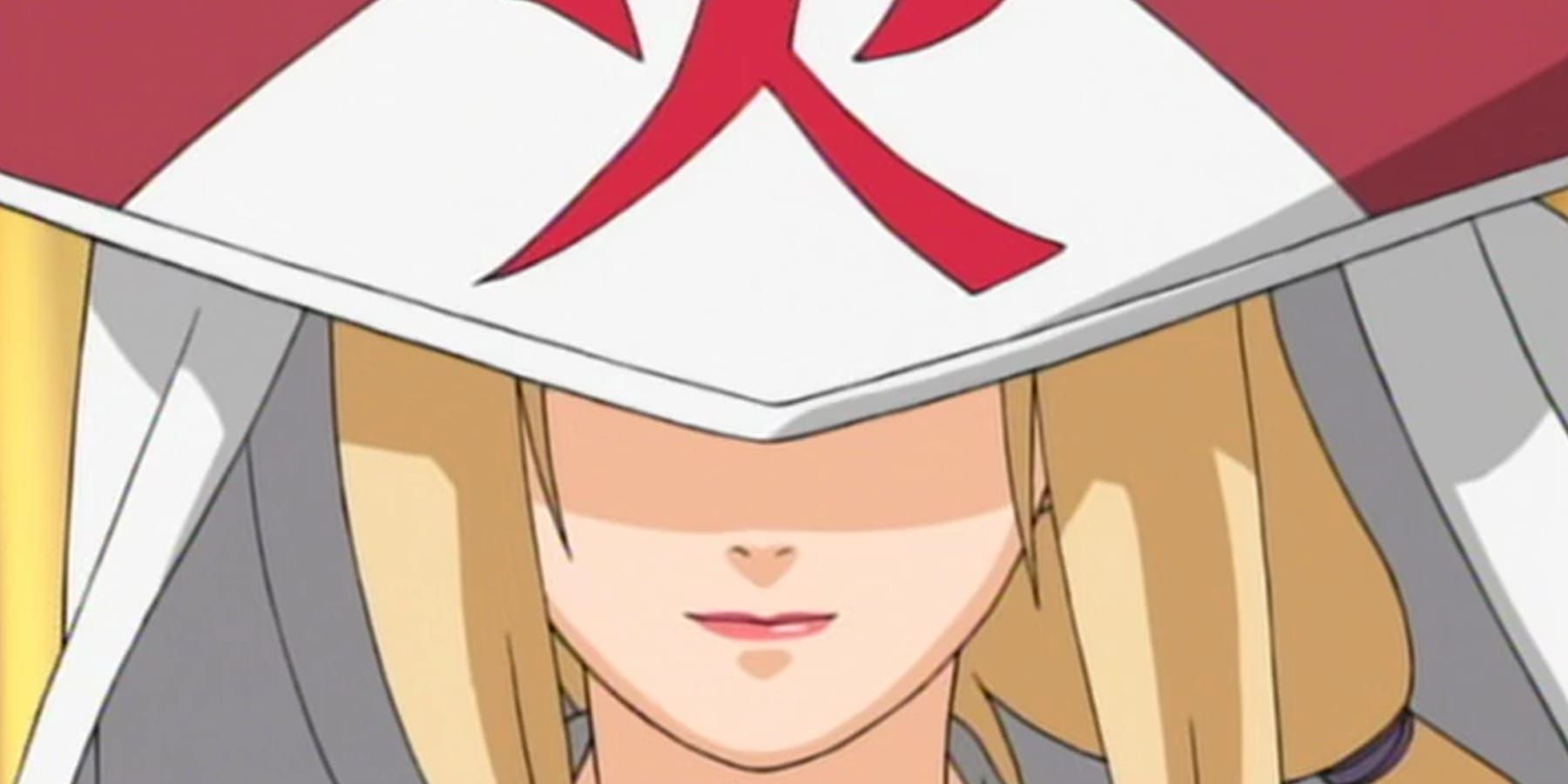




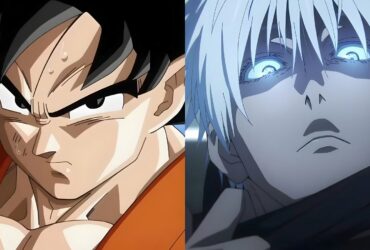



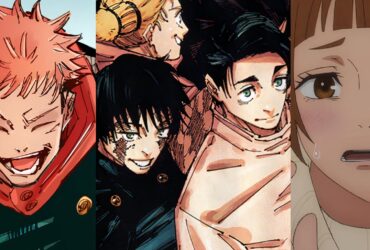
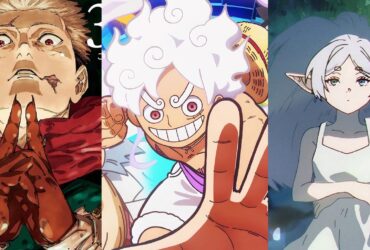
Leave a Reply